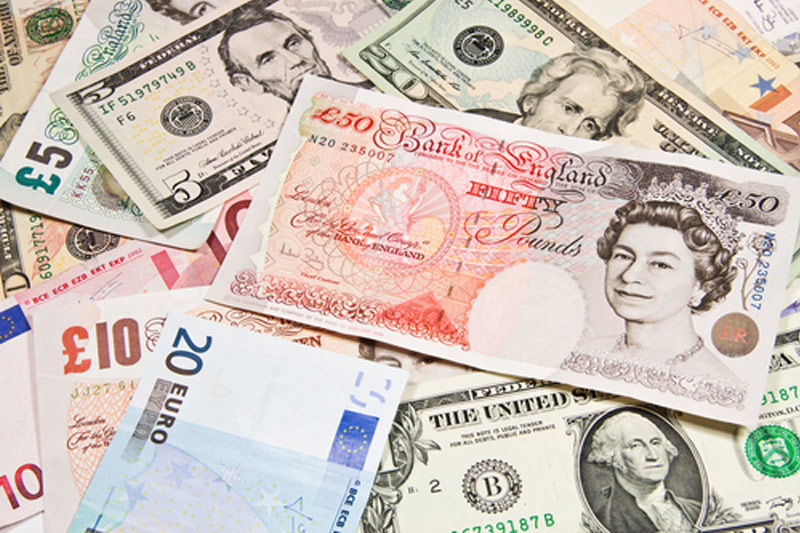Investing.com - The euro stabilized against the dollar on Wednesday after falling to five week lows in the previous session, and rebounded from 16-month lows against the broadly weaker pound after the Bank of England indicated that it remains reluctant to raise interest rates too soon.
EUR/USD was trading at 1.3721, up 0.15% for the day after falling to lows of 1.3688 late Tuesday, the weakest since April 4.
The pair is likely to find support at 1.3688 and resistance at 1.3770, Tuesday’s high.
The euro has come under heavy selling pressure in recent sessions after the European Central Bank indicated late last week that it could ease monetary policy as soon as its next meeting in June, to stop inflation in the euro zone from falling too low.
The euro fell to session lows against the yen earlier Wednesday and weakened to a more than one-and-a-half year low against sterling following reports that the ECB is preparing to cut rates next month.
Reuters reported that the ECB is preparing a “package of measures” including cuts to all interest rates, with negative rates on bank deposits, as well as measures to bolster lending to small and medium size businesses.
The report came one day after the Wall Street Journal reported the Germany’s Bundesbank would back monetary easing measures by the ECB if they were needed to keep low levels of inflation from becoming entrenched in the region.
EUR/JPY touched lows of 139.47, the weakest since March 4 and was last trading at 139.69, down 0.30% for the day.
Elsewhere, the euro recovered from a 16-month trough against sterling, with EUR/GBP up 0.41% to 0.8176, after falling to lows of 0.8127 earlier.
The pound turned broadly lower after the BoE left its forecasts for growth and inflation largely unchanged on Wednesday and indicated that it is still in no rush to hike interest rates.
In its quarterly Inflation Report the BoE said it now expects economic growth of 2.9% in 2015, up from 2.7% in its February report, and said the rate of growth this year would remain unchanged at 3.4%.
The BoE's Monetary Policy Committee said there has been a "modest narrowing" in the amount of slack in the economy over the past three months but added that there is scope to further reduce slack before hiking rates.
"As set out in its February guidance, when the Committee does start to raise Bank Rate, it expects to do so only gradually and to a level materially below its pre-crisis average," the report said.
The bank said the U.K. unemployment rate is expected to drop faster than previously forecast, falling to 5.9% in two years from 6.4% previously.
Sterling dipped earlier after official data showed that the U.K. unemployment rate fell to a more than five-year low of 6.8% in the three months to March but average earnings slowed.
Sterling fell to three-week lows against the pound, with GBP/USD down 0.29% to 1.6776.
